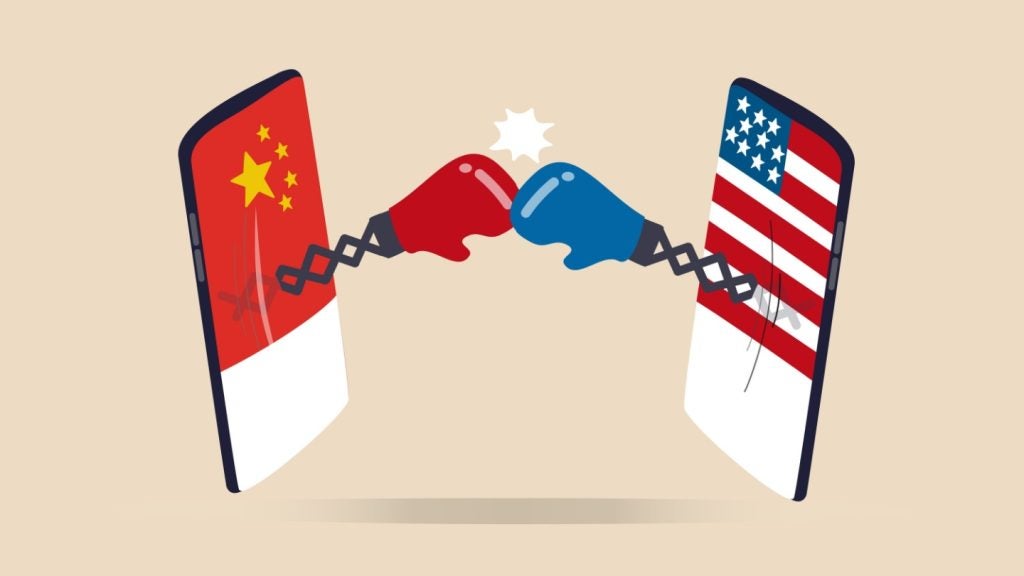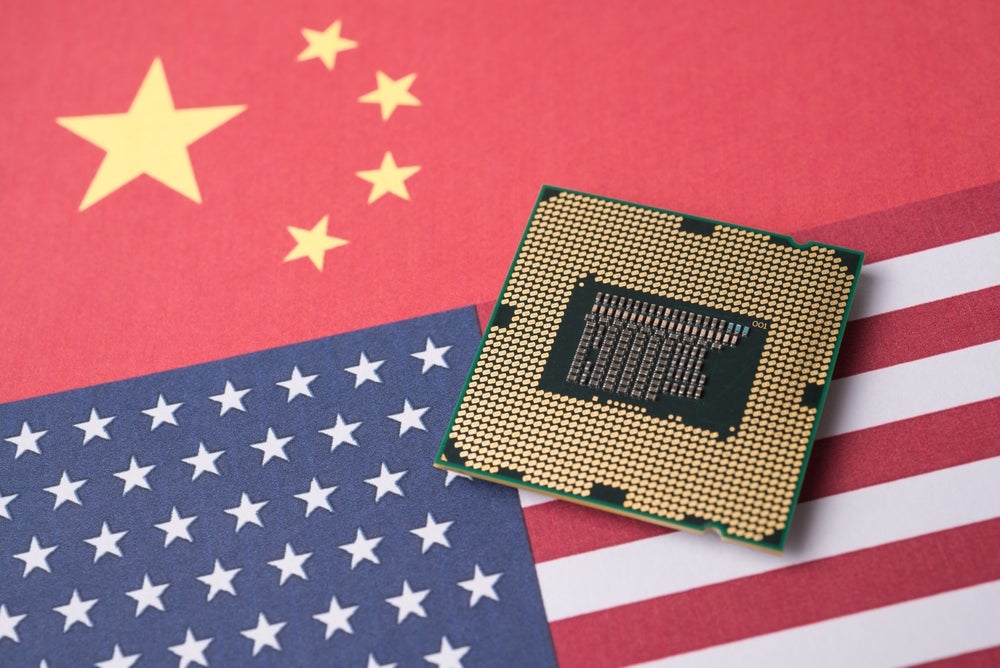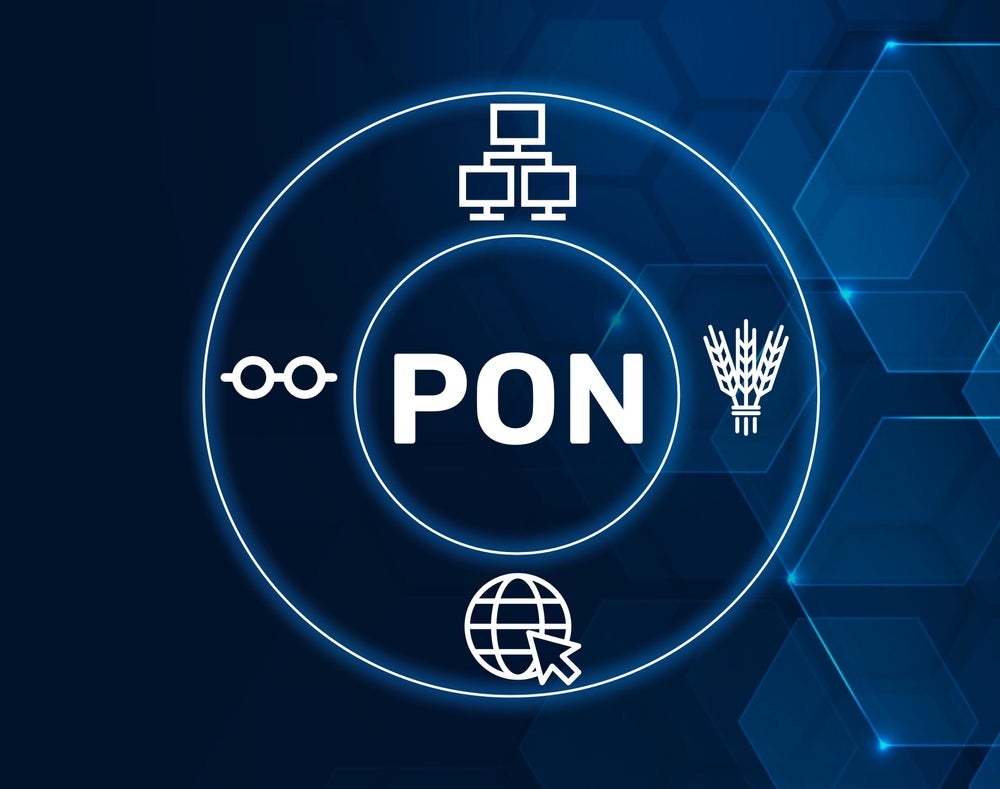
The technology, media and telecoms (TMT) sector is evolving rapidly, with technologies such as artificial intelligence (AI) disrupting business and regulatory trends also set to have an impact in 2024.
Envvironmental, social and governance (ESG) issues will also remain pervasive in the industry, with electric vehicles and decarbonisation on the agenda.
Speaking to Verdict, GlobalData Thematic Analysts Emma Sturdee, Aoife McGurk, Yonja Ozbengu, Alfie King, Romilly Leech and Hugo Shapero dissect key trends in the TMT sector ahead of the TMT Predictions 2024 webinar on 18 January. They touch on AI’s impact on business, key players in decarbonisation, the battery industry, the electric vehicles market and tech regulation.
What will be the top themes of 2024 in TMT and why?
Leech: The top themes for 2024 will be AI and ESG. Companies will need to prepare for a new phase of ESG called ESG 2.0. This is characterized by stricter environmental rules and a shift from voluntary to mandatory compliance driven by government mandates. A host of new environmental laws are in the pipeline relating to mandatory reporting, carbon pricing, and carbon import tariffs, as well as more state support and investment in clean energy technologies. Companies unprepared for ESG 2.0 face higher costs and lost sales.
For decades, AI has primarily been the territory of university and corporate research and development labs. Progress in machine learning on the back of improved algorithms (e.g., Google’s AlphaGo, OpenAI’s GPT-4, Tesla’s AutoPilot) and increasing computing power have enabled AI to solve real-life problems.
GlobalData estimates the total AI market will be worth $909bn in 2030, implying a 35% compound annual growth rate between 2022 and 2030. In the coming decade, the country that emerges on top in AI will lead the Fourth Industrial Revolution, and AI-led business models will change how companies operate across multiple sectors.
What technology regulations are forthcoming around the world?
Shapero: The global regulatory landscape is fragmented. Important regulations in 2024 will come from the EU and China particularly. On the US front, we expect the US to reinstate net neutrality in 2024, but not pass the American Data Privacy and Protection Act (ADPPA).
Faced with a stuttering economy, the Chinese government is backing away from tough fines and sanctions against the country’s tech giants. However, some level of regulatory oversight is now baked into the system. In 2024, Beijing will still be keen to exert influence over the private sector, which will scare off investors.
The EU will develop the General Data Protection Regulation (GDPR) in 2024, issuing fines and strengthening its power bloc against monopolistic tech.
The EU’s AI Act will focus on consumer protection, accountability, and mitigating anti-competitive practices. This will be enforceable by 2025 at the latest, and the EU’s AI Act will have a regulatory impact like GDPR and the Digital Markets Act. However, the main disagreements to resolve at the EU member state level concern general-purpose AI, amongst other issues, and the AI Act is likely to be continuously amended and delayed.
How might AI and AI chips affect the TMT industry in 2024?
Sturdee: AI-led business models will transform the way companies operate. Companies will explore using open-source models in private cloud infrastructure and will invest in training models with proprietary company data.
How might upcoming AI regulation affect the TMT industry in 2024?
Sturdee: AI’s rapid advancement poses challenges in establishing a regulatory framework. In 2024, antitrust and regulatory capture concerns will increase.
Companies must increase AI model transparency to comply with diverging and fragmented global regulations or face increasing and costly regulatory scrutiny. These efforts will most likely increase, but regulators will remain unsatisfied.
What is the importance of batteries in TMT?
Ozbengu: For various reasons, batteries are crucial to the technology, media and telecoms industry. They are integral for electric vehicles and essential for data centres, ensuring reliable backup power for uninterrupted operation. In the context of mobility and connectivity, batteries power diverse applications like electric scooters, drones, internet of things devices and wireless communication systems
What key trends are anticipated for the EV market in 2024?
King: In 2024, China will continue to dominate the electric vehicles (EV) market. Having knocked Tesla off the top spot in terms of battery EV (BEV) sales in Q4 2023, BYD will face a fight to retain its position. The US will be the fastest growing market but from a lower base than China. Finally, the ongoing EU anti-subsidy investigation into Chinese-made EVs sold in Europe will push the two sides into negotiations, but as both have plenty to lose, an all-out trade war will be avoided.
Which companies are leading decarbonisation in the sector?
McGurk: In terms of decarbonising their own operations, Amazon and Microsoft are leading the industry thanks to their use of alternative energy sources. Amazon’s investment in green hydrogen is particularly notable and should help it achieve its target of 100% renewable energy by 2025. Microsoft has also pioneered this form of clean energy in the TMT sector, developing a generator for its data centres that runs entirely on hydrogen fuel cells. This will allow it to move away from fossil fuels like diesel. Microsoft is also helping other firms within the TMT sector manage their own emissions through an emissions tracking platform, similar to those produced by Salesforce and Cisco.
Beyond this, Microsoft aims to become a carbon-negative firm, meaning it will remove more carbon from the atmosphere than it emits into it. In 2022, it began coordinating with carbon removal technology companies Running Tide and Heirloom to strive towards this goal.
The TMT Predictions 2024 webinar on 18 January will cover a range of predictions for the sector in 2024 from technological trends such as AI, to key regulatory trends and the future of the industry.







